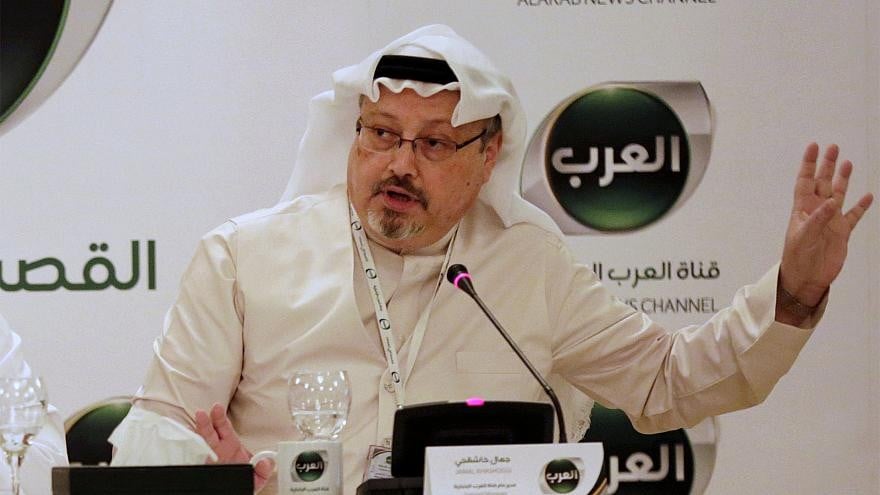
Yet another report documents the rise in threats to the media

Dear All,
A number of independent reports over the past two years have documented the increasingly dangerous environment journalists are now functioning in. The situation is serious in Pakistan where the last election and its aftermath illustrated clearly the pressures exerted on the ‘non-compliant’ media organisations and commentators. The situation is just as bad in other parts of the world as the demonisation of journalists continues unabated.
A new report by the human rights organisation Article 19 throws light on how bad the situation is and how it has been fuelled by the rise of authoritarian governments across the globe. Incidentally, this is a British organisation which takes its name from Article 19 of the Universal Declaration of Human rights, the article that deals with defending freedom of information and expression.
One of the most interesting observations made in the report is how "hostility towards the media was becoming normalised around the world". They note that US President Donald Trump has played a major role in this demonisation of the mainstream press, largely because of the abusive language he has used about journalists and news organisations and the accusations that he makes repeatedly about the press being purveyors of fake news and their being guided by an ‘anti-people’ agenda.
The organisation comments that "this hostile rhetoric has real world effects, murders occur… in environments where the media is demonised and insulted, including by public officials". Thus we see that journalists have been murdered in many different countries. According to data from the Committee to Protect Journalists (CPJ) more than 30 journalists have been murdered this year. This number includes the Saudi journalist Jamal Khashoggi who was killed by Saudi agents in Istanbul in October, allegedly at the behest of the Crown Prince of Saudi Arabia.
Trump’s influence cannot be understated in this matter. His initial reaction to the Khashoggi murder was non-committal and completely lacking in any expression of outrage. His subsequent run-in and petty reaction to CNN’s Jim Acosta at a White House briefing also displayed the contempt with which he regards serious journalists with serious questions. Trump habitually refers to reporters as "nasty", "terrible" and "a disgrace" and, as The Guardian newspaper noted in October this year, he even praised a fellow Republican for body slamming one of its reporters.
The Article 19 report points out that this violence is targeting journalists specifically -- it is not a reflection of them being in war or conflict zones, and of such areas, India, Mexico, Brazil and Pakistan have the worst record.
In Pakistan, the trend this year has been towards intimidation rather than elimination but in Indian administered Kashmir, the murder of Shujaat Bukhari was a reminder of how journalists speaking out on uncomfortable issues can so easily be killed. The murder of journalist-activist Gauri Lankesh in Bangalore last year was another example of this.
The normalisation of hostility towards journalists has changed society’s attitude towards the mission of journalism. Other factors, fuelled by authoritarian rulers, have also undermined the profession. Economic pressures and threats have meant less organisations and individuals can practice independent journalism while particular lobbies or sections of the defence and intelligence establishment have invested heavily in training and sponsoring new ‘like-minded’ journalists.
As the Article 19 report concludes, this sort of decline in media plurality is "eroding the public’s ability to understand what is going on in the world". The organisation’s executive director, Thomas Hughes, also points out something that perhaps is being overlooked by the younger generation: that freedom of expression underpins democracy. According to him, "hope lies in our voices and our demands for fair laws, strong institutions and public information. We must keep faith in one another and our own power to listen, learn and find solutions that benefit us all."
So a dynamic independent media is key to a thriving democracy, something of course the despots at the helm of affairs do not much favour. But at least citizens should remind themselves why freedom of expression and solid journalism really do matter.
Best wishes,